January 7th, 2015 will always be a grim date in for free speech, tolerance and French cartooning. As we all know, 12 people, including 10 staffers and four cartoonists were killed in a terrorist attack on the offices of French satirical magazine Charlie Hebdo yesterday morning. The attack—which some called the 9/11 for France—left grieving and reeling for those lost and for a world in which such a senseless act could occur. The four cartoonists killed—Georges Wolinski, Charb, Tignous, and Cabu—included one Angouleme Grand Prize winner, Wolinski, who won in 2005. It was a grievous toll.
Some developments: The two gunmen were quickly identified when they left their ID in a vehicle they abandoned. As I write this there are conflicting reports about whether they have been apprehended, but nothing definite enough to link to.
• Rallies were held around the world last night, with thousands showing up at various vigils in France. (Below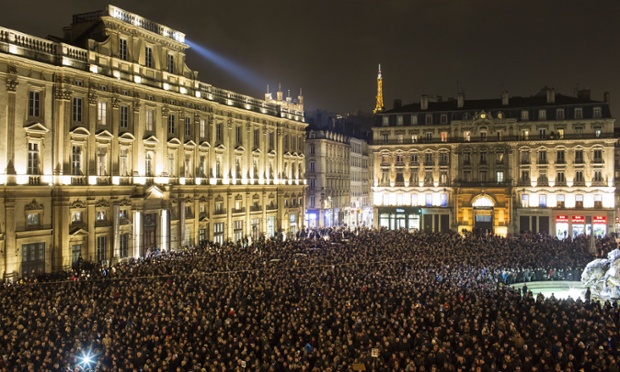
• The world of editorial cartoonists quickly reacted with many drawing showing their solidarity with those slain in the name of free speech. The Washington Post has a fine round up.
Well, today's #doodleaday was a no-brainer… #JeSuisCharlie pic.twitter.com/2OMAyQIQ1o
— James is absolutely fine (@RteeFufkin) January 7, 2015
• This cartoon by James Walmesley found a lot of support.
• Craig Yoe sent me this one.
• Comics scholar, and French comics expert Bart Beaty wrote an excellent piece explaining the role that the editorial cartoonist has in France:
Unlike in the United States, where comic strips, comic books, and editorial cartoons are generally regarded as only distantly related wings of the same art form, in France the integration of the three is much closer. Each of the four cartoonists killed today worked not only for Charlie Hebdo, but for other newspapers, and for French comic book publishers. The publishing industry in France is both smaller and more central than it is in the United States. With so many cartoonists living in and around Paris, the overlap between different media are quickly eroded in a context where it can sometimes seem that every working cartoonist knows every other one and works across publishing platforms.
• Controversial editorial cartoonist Ted Rall wrote a fine piece for the LA Times where he recalled meeting the Hebdo staff on a trip to Angouleme, and reiterating the power of editorial cartoons to inflame passions…and even thought:
Not to denigrate writing (especially since I do a lot of it myself), but cartoons elicit far more response from readers, both positive and negative, than prose. Websites that run cartoons, especially political cartoons, are consistently amazed at how much more traffic they generate than words. I have twice been fired by newspapers because my cartoons were too widely read — editors worried that they were overshadowing their other content.
Scholars and analysts of the form have tried to articulate exactly what it is about comics that make them so effective at drawing an emotional response, but I think it’s the fact that such a deceptively simple art form can pack such a wallop. Particularly in the political cartoon format, nothing more than workaday artistic chops and a few snide sentences can be enough to cause a reader to question his long-held political beliefs, national loyalties, even his faith in God.
That drives some people nuts.
• Showing caution, many news outlets did not show the controversial Hebdo covers which led to threats against the magazine.
• For something of an alternative take, Jacob Canfield at The Hooded Utilitarian suggests that Free Speech Does Not Mean Freedom From Criticism and that Hebdo’s cartoons were deliberately provocative, Islamophobic and racist.
• Although Canfield certainly doesn’t suggest this, I did see a bunch of places suggesting that the “Je suis Charlie” show of solidarity around the world should not be used because it supports racist cartoons. I would gently suggest that racism is a horrible and bad thing, but it is not punishable by death, and showing solidarity for people who were murdered for expressing their views in a non violent way is probably not a terrible thing. Just because you supported “Boston Strong” after the Marathon bombing doesn’t make you a Red Sox fan.
• I doubt anything I just wrote will settle this issue.
• Probably the smartest thing I read all day yesterday was by Middle East analyst Juan Cole. (Yes I know he is controversial himself.) Cole writes that the killings were not really about the cartoons at all but rather a recruiting tool for extremism: by ginning up anti-Muslim sentiment in France and around the world, currently non-secular Muslims will be more receptive to recruitment.
The operatives who carried out this attack exhibit signs of professional training. They spoke unaccented French, and so certainly know that they are playing into the hands of Marine LePen and the Islamophobic French Right wing. They may have been French, but they appear to have been battle hardened. This horrific murder was not a pious protest against the defamation of a religious icon. It was an attempt to provoke European society into pogroms against French Muslims, at which point al-Qaeda recruitment would suddenly exhibit some successes instead of faltering in the face of lively Beur youth culture (French Arabs playfully call themselves by this anagram). Ironically, there are reports that one of the two policemen they killed was a Muslim.
Al-Qaeda in Mesopotamia, then led by Abu Musab al-Zarqawi, deployed this sort of polarization strategy successfully in Iraq, constantly attacking Shiites and their holy symbols, and provoking the ethnic cleansing of a million Sunnis from Baghdad. The polarization proceeded, with the help of various incarnations of Daesh (Arabic for ISIL or ISIS, which descends from al-Qaeda in Mesopotamia). And in the end, the brutal and genocidal strategy worked, such that Daesh was able to encompass all of Sunni Arab Iraq, which had suffered so many Shiite reprisals that they sought the umbrella of the very group that had deliberately and systematically provoked the Shiites.
The goal of 9/11 was not to knock down the World Trade Center, or even to shut down state fairs because of terrorist fears. Its well documented goal was to throw the West into such a foment that the entire world economy and established political alliances were destabilized. The plan worked perfectly and bin Laden won. It would be horrible if the Hebdo murder were another triumph for extremist propaganda.
• All that said, cartoonists around the world showed solidarity for their slain colleagues with this “Weapon of Choice” meme. I’ve culled a few from my FB and Instagram feeds…there are dozens more. Here’s a small gallery. Ultimately, art outlives death.
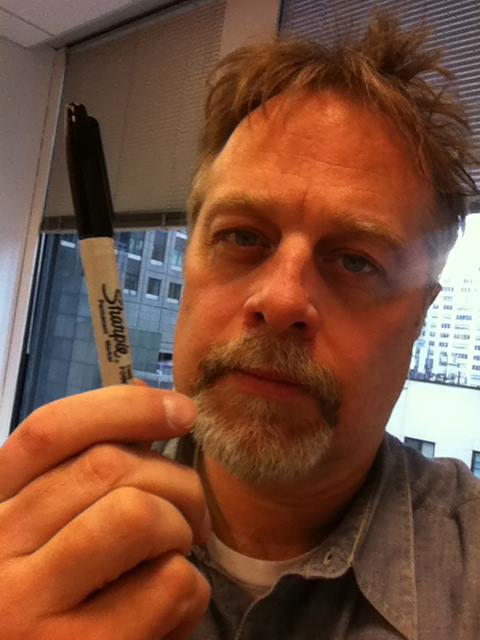
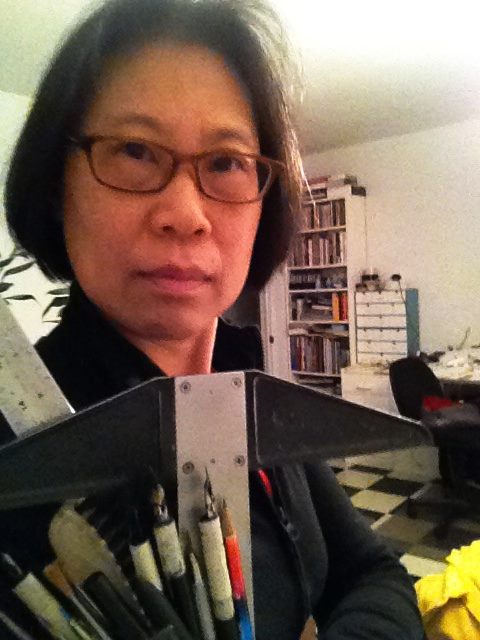
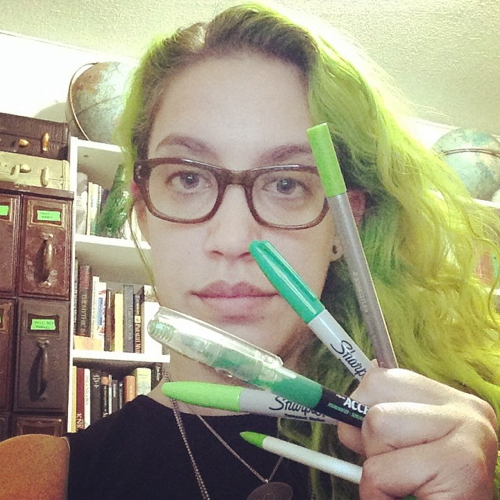
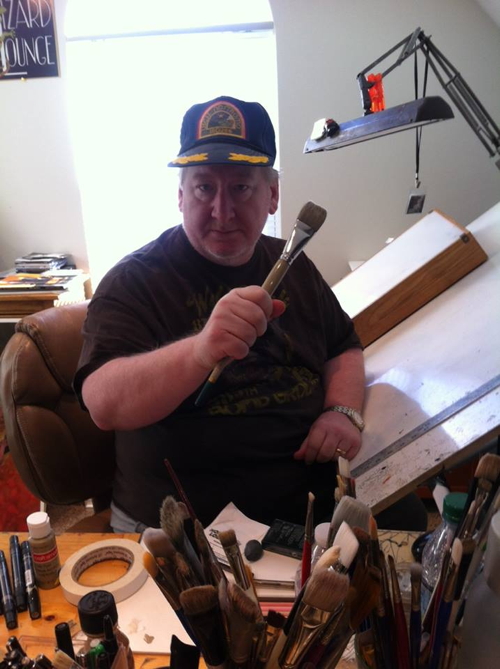
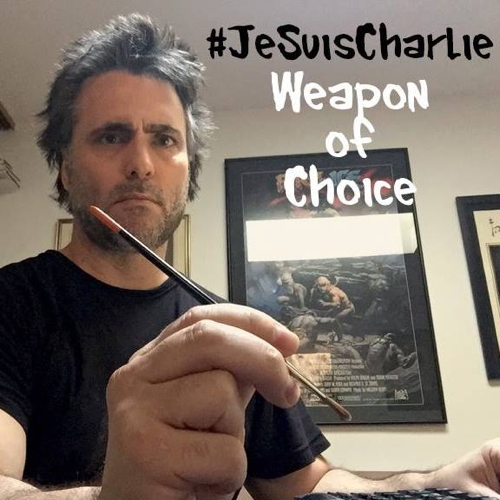
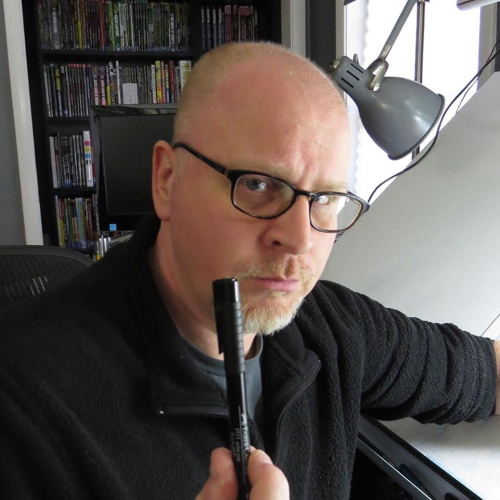
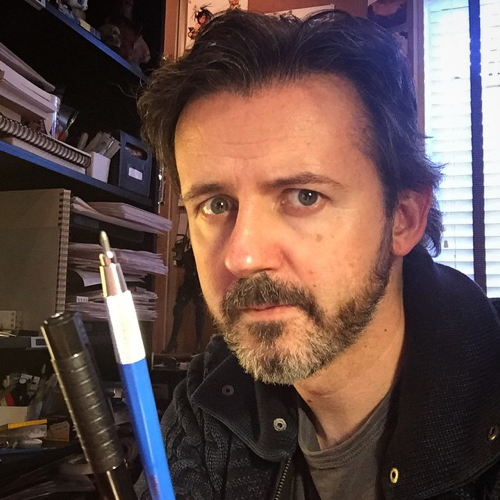
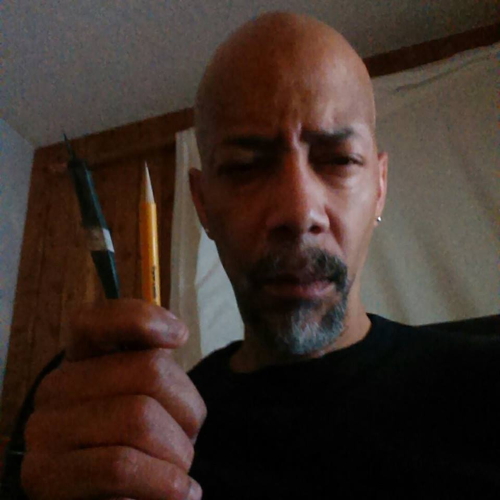
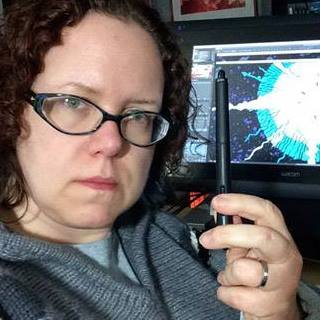
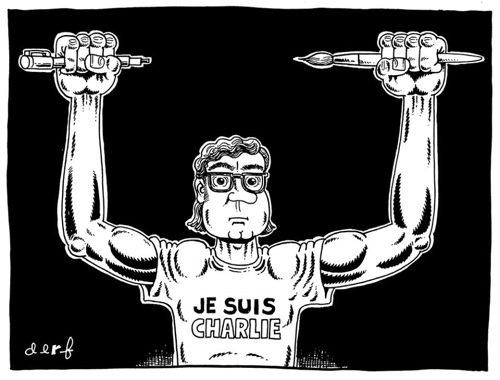
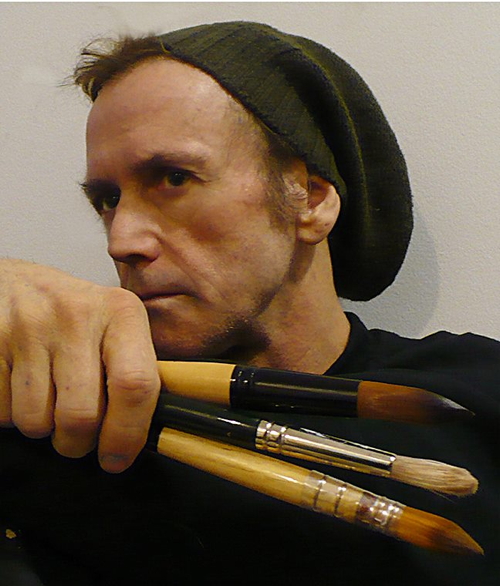
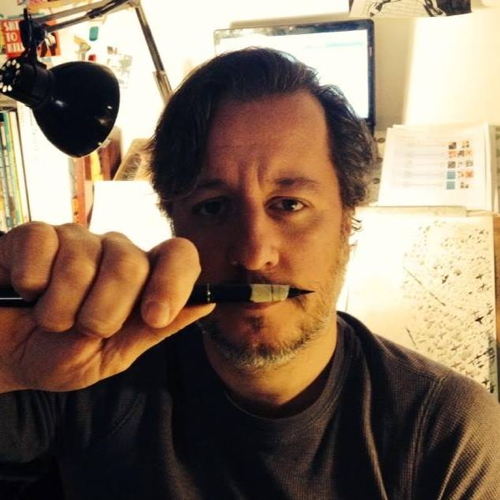


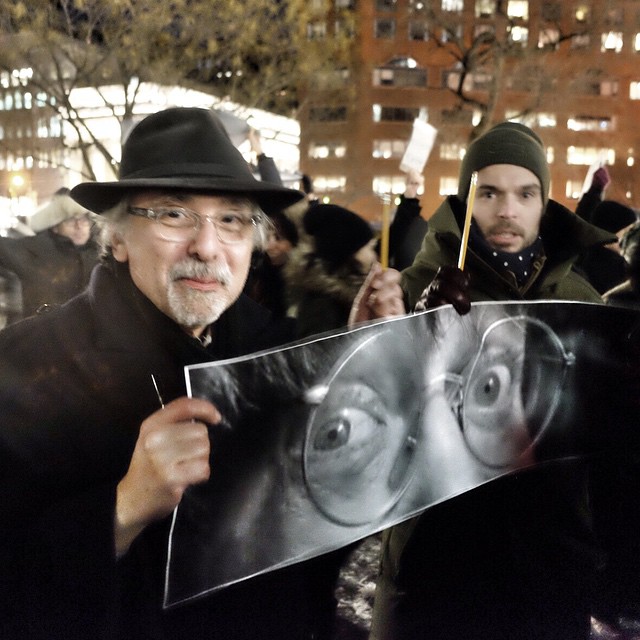
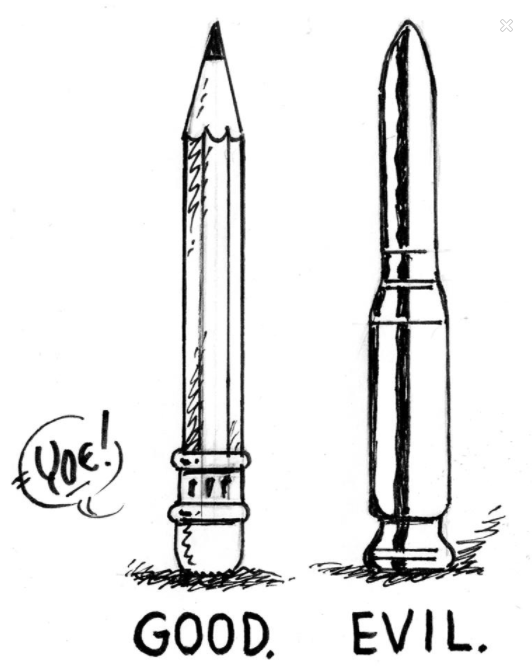






Comments are closed.